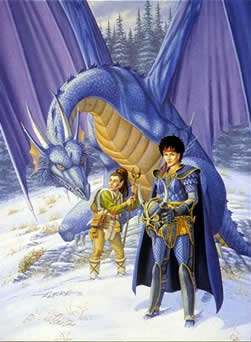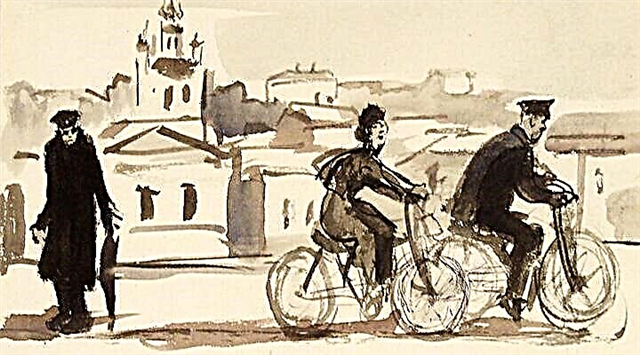What is spirituality? How does it manifest? It was these issues that we decided to consider as part of writing an essay on the exam in the Russian language and select such problems and the corresponding literary arguments that could most accurately reveal this concept. All of them are available for download in table format, a link in the final article.
Spirituality as a degree of human development
- Fedor Dostoevsky - Crime and Punishment. Throughout the novel, the author shows the spiritual transformation of the protagonist - Rodion Raskolnikov. From vicious thoughts about the murder of my grandmother, which eventually takes place, to repentance to the whole people. Many events that occur in the character’s life and transform his inner world are closely interconnected with the fate of some heroes. So, for example, Sonia Marmeladova had a significant influence on the spiritual development of Raskolnikov, who became his fire of hope of the day and directed him on the path of moral perfection. Three significant meetings with Sonechka can be distinguished in the work, which “prepare and fertilize” the soil of the soul for future changes. From meeting to meeting, the hero is immersed in thoughts that wonderfully produce a spiritual transformation. In the epilogue we see a completely new Raskolnikov, unlike the way he was presented to us at the beginning of the novel.
- Daniel Keyes - "Flowers for Algernon." From the first pages, the reader does not understand why the author narrates in a rather strange way: words are spelled incorrectly, commas are absent, and the main character, suffering from dementia, at the beginning of the novel is characterized by very primitive categories of thinking. But all this is an integral part of the character’s image, which undergoes global changes throughout the novel. Just one operation fundamentally changes the life of the hero, completely turning over his worldview and consciousness. Mentally and spiritually developing, Charlie was able to discover new truths, albeit not always pleasant. He realized that many around him considered him stupid and made fun of him, that there was a lot of injustice and misunderstanding in the world. Life after the operation revealed to the hero the cruel realities of the world, with which it was hard for him to get used to. The novel ends with the fact that due to an error in the calculations, the experimental activity of the subject regresses, returning him to dementia. So, like a bright flash of a comet, the incredible life of Charlie Gordon flashed before the eyes of the reader.
Spirituality in war
- Vyacheslav Kondratiev - "Sasha."Surely everyone at least once heard the phrase "the main thing - do not lose heart." And if we consider it in the context of the story, we can safely say that the phrase was the motto of the protagonist. So, the scene with the German captivity shows how Sashka is very spiritually developed. Leading the German to the headquarters, the hero declares that there is nothing to be afraid of, because all prisoners are guaranteed life and return to their homeland at the end of the war, but did not expect the soldiers to give him the order of the foreigner "to let him go". Acceptance of this fact seemed to him something impossible, contrary to his principles. The hero is persistently trying to dissuade his commander from the decision, but he remains unshakable. And then two warriors stand face to face and at the same time two enemies, looking at each other: one is waiting for death, and the other believes that the order will be canceled. Fortunately, the battalion commander suddenly arrives and takes off the order, saying that the Germans should be brought to the headquarters. This is what it means to be fully faithful to our promises and principles, to be a strong spiritual person who cannot be broken even by threats. The story once again confirms that thanks to the thousands of soldiers who were able to maintain humanity in the face of cruelty, we live with a peaceful sky above our heads.
- Vitaly Zakrutkin - “The Mother of Man”.There is nothing worse and worse than war. This crazy machine of human depravity crushed and broke everything that was in its path: from the material incarnations of human hands to millions of destinies of people whose life could never be the same. In the story, the writer talks about the once happy family, in whose house the war came. Having taken away from Maria, the main character of the story, her son and husband, she more and more tested her for perseverance, compassion and mercy. All further events describe the courage of the heroine, the splendor and purity of the soul, which did not become hardened in the terrible conditions of war. Maria helped the tormented girl Sanya, who became like her own. She saved the wounded young German, despite her hatred of the Nazis, who took the life of her family. The heroine also restored a ruined economy, realizing that this should be done not only for the good of herself, but also to those who keep in themselves the hope of returning home. Mary becomes a mother for all the lost and lost, for those who are desperate to find a ray of a bright soul on the dark path of war.
The problem of spirituality
- Ivan Bunin - "Mr. from San Francisco."The gentleman from San Francisco is the protagonist of the story. Namelessness tells the reader that he is a collective image of all selfish, empty and stupid manifestations in human nature. The gentleman saw happiness in material wealth, his happiness was measured in the beauty of the suit, people's attention to his person, not even to the person, but to the money that he had. Nothing could interfere with the decent course of social life. Nothing but ... death. On one of the monotonous, but such magnificent evenings, the hero dies. No one could have imagined that a wonderful evening could overshadow an event that many people very quickly forget, continuing to dance and have fun. Meanwhile, the body of the master is taken out of the hotel and immersed on the ship with the symbolic name "Atlantis". The hero of Lorenzo, an old boatman, is completely different from the Lord. Although quite a bit is said about the character, we understand that he saw happiness in the simple little things of everyday life and nature with its amazing cliffs, blue, blue and bright sun. The hero was spiritually developed and understood what the real happiness of life was, which for him could not in any way be based on material values.
- Maxim Gorky - “The Old Woman Izergil”.In the work, the author shows the reader many different short stories. Among them, I would like to highlight the story of Danko, who, in the name of great love for people, ripped out his heart and sanctified their path in order to lead people doomed to death. Danko did this because he realized that without him, without his act, people would die. At that moment, the hero placed the interests of others above his own, and even "his heart flashed with the fire of desire to save them." So, the people were saved, and Danko fell down lifelessly and died forever in the memory of those to whom he gave his life. In contrast to this story, the author tells of Larre, the proud son of an eagle. The hero considered himself unique and even spoke down to the elders. People could not tolerate such an attitude towards themselves and decided to punish him with the pangs of loneliness. Larra wandered alone for a long time and wanted to find eternal peace, but could not die. So, the hero was punished for lack of spirituality, expressed in selfishness and arrogance.
Spirituality as Responsibility
- Alexander Pushkin - The Captain's Daughter.Petrusha Grinev is the central hero of Pushkin’s novel, revealing himself in the panorama of current events, as a strong personality with an incredible sense of responsibility for those who are dear to him. The author constantly puts the hero in various life situations, from which he adequately emerges. The scenes of Grinev’s meetings with Pugachev, the attitude to Masha Mironova, the quarrel with Shvabrin and the duel that takes place between them, draw the reader an image of a hero who is able to value honor above life, boldly make difficult decisions and remain true to himself even in those moments when stubbornness may depend on life. At the same time, Petrusha Grinev feels responsible for his actions and tries to do so as not to harm anyone. At the end of the story, the hero receives as a reward a pardon from the queen, freedom and a beloved girl, for the sake of which, for the most part, he committed some of the acts described. It is worth noting that he was not always like that. It was the father’s decision to send Petrush to the army to “smell the gunpowder” that played a crucial role in the formation of Grinev as a strong and responsible person with a dressed-up spiritual life.
- Andrey Platonov - "Yushka".Yefim, nicknamed Yushka, works as an assistant to a blacksmith. The hero is only 40 years old, but because of a long-term illness, he looks much older than his years. His life was limited to going to work and back home, Yushka never spent the money he earned, but he “ate” empty water. Many residents of the city did not accept this person, and children constantly published over him, throwing sand or stones at him. Yushka never responded to these actions and believed that they show their love in this way. Each summer, the hero always left somewhere, but once he stayed at home because of consumption, which takes all his strength. One day, returning from the forge, Yefim collides with a passerby who pushes him in the chest, from which he falls and dies. Platonov concludes the whole essence of the story at the end, when after the death of the main character a stranger arrives in the city and searches for Efim Dmitrievich. She turns out to be an orphan, whom Yushka took care of, fed and maintained. Every summer he came to her and gave all the money he earned. The orphan learned to be a doctor and wanted to help Yefim, but she was late. In the story, Platonov showed the magnanimity and spiritual strength of Yushka, which was hidden from misunderstanding human eyes. And the hero’s sacrificial life proved that all labor yields results.

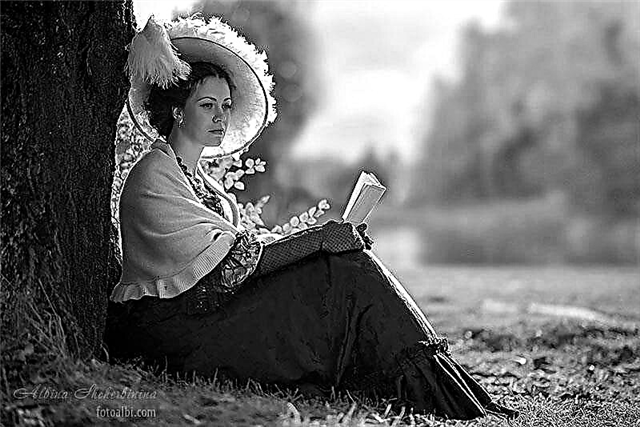
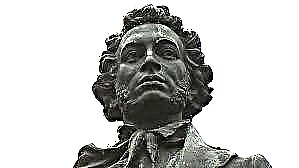
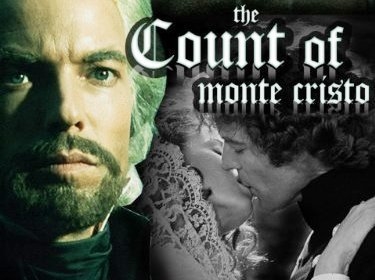

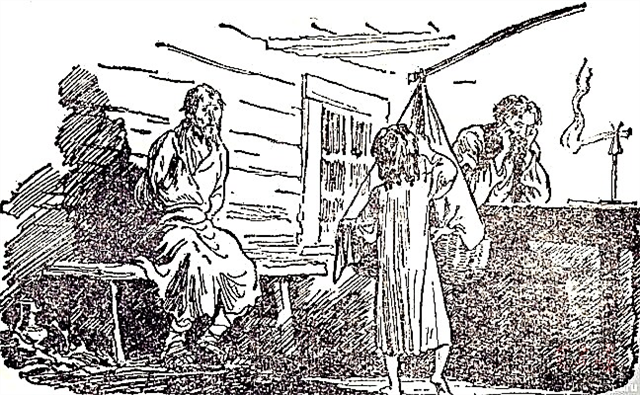
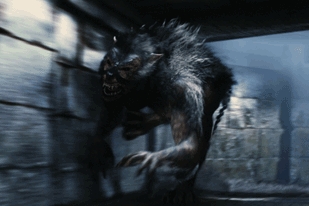
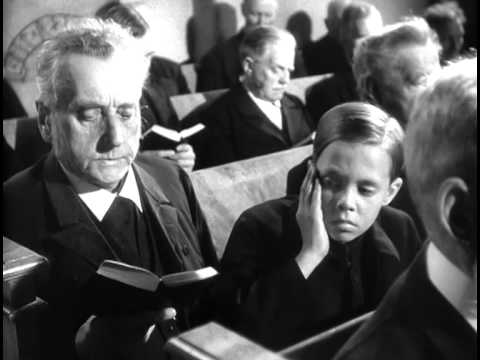
 Wild dog dingo
Wild dog dingo
